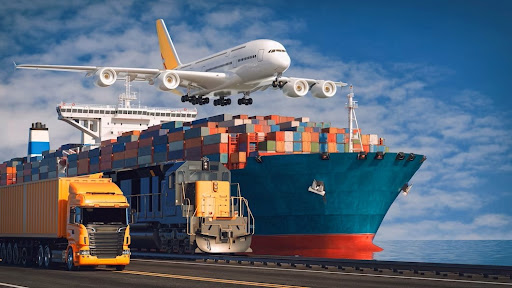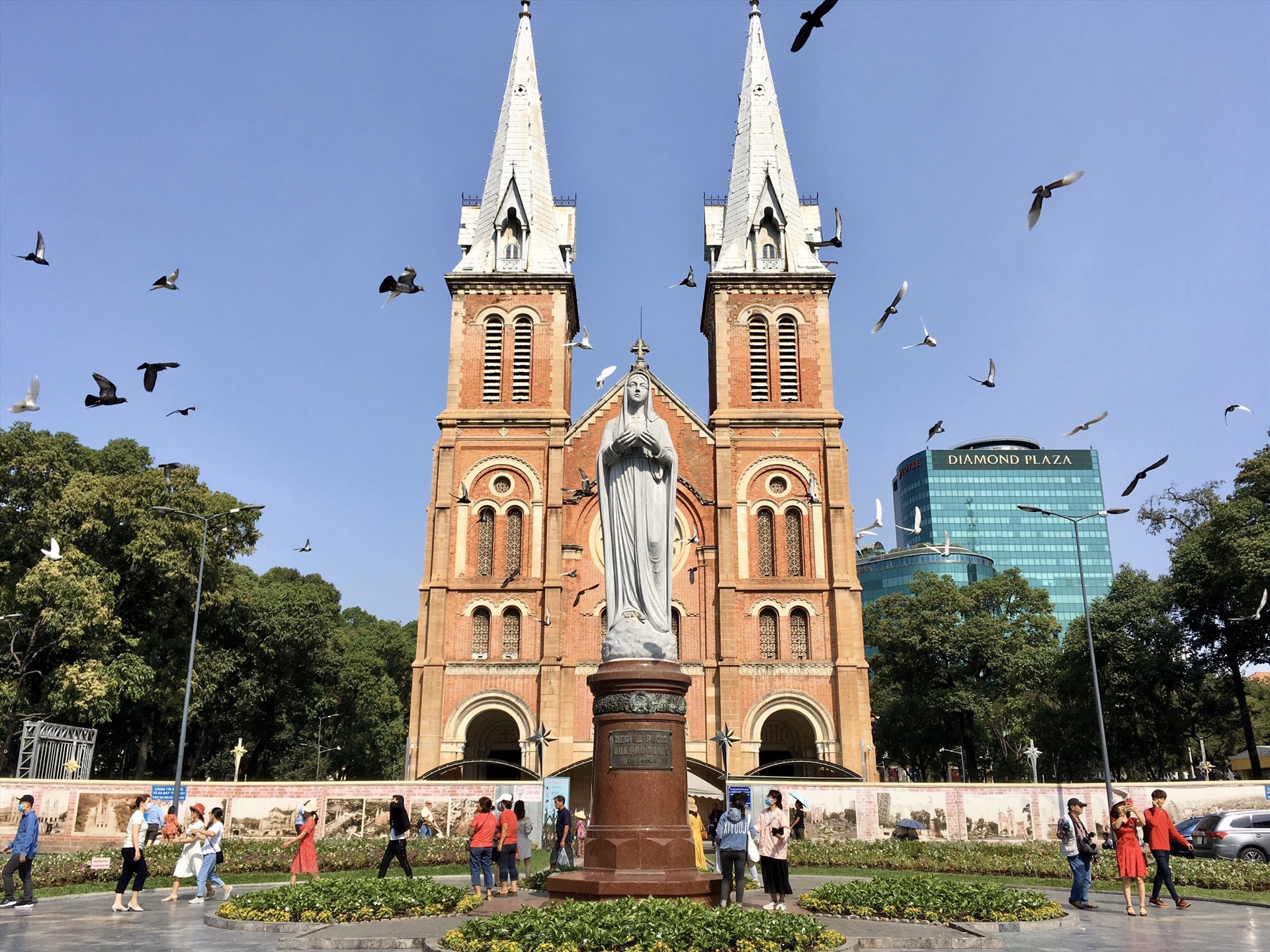FDI in the Logistics Sector: Ownership Limits & Required Licenses
Date: 2025.11.28
FDI in Logistics and Transportation: Ownership Limits & Mandatory Licenses (2025 Update)
The logistics and transportation industry is one of Vietnam’s fastest-growing sectors, playing a crucial role in the global supply chain. It has become a major attraction for foreign investors, especially from Japan — a country renowned for its advanced logistics and operational optimization expertise.
However, unlike ordinary trade or technology sectors, logistics is classified as a conditional sector for foreign investors. This means there are strict legal requirements regarding ownership ratios and specialized operational licenses.

1. Definition of logistics under Vietnamese Law
According to Decree No. 163/2017/NĐ-CP and related guiding documents:
Logistics services are commercial activities in which a trader organizes and performs one or more tasks such as transportation, warehousing, customs clearance, distribution, cargo handling, forwarding, and subcontracting logistics services.
👉 In Vietnam, logistics services are categorized into 17 main groups, many of which require special conditions when conducted by foreign investors.
2. Foreign ownership limits in the logistics sector
Below is a summary of common logistics services and the maximum foreign ownership ratios allowed under WTO – GATS commitments and Vietnam’s regulations as of 2025:
| Type of Logistics Service | Maximum FDI Ownership | Notes |
|---|---|---|
| Domestic road transport | 51% | Must form a joint venture with a Vietnamese company |
| Inland waterway freight transport | 49% | Foreign investors cannot operate vessels |
| Domestic rail freight transport | 49% | Not yet fully liberalized |
| International maritime transport | 100% | Ships must fly the Vietnamese flag for domestic routes |
| Freight forwarding, warehousing | 100% | No limit if not directly operating transport |
| Container loading/unloading at ports | 50% | Subject to restrictions if port has national defense elements |
| Courier/postal express services | 51% | May increase under EVFTA commitments |
| Customs brokerage and import/export procedures | 100% | Staff must hold Vietnamese professional certificates |
📌 Note: Ownership ratios may vary slightly depending on service type and trade agreement (CPTPP, EVFTA, VJEPA) implementation timelines.
3. Required Specialized Licenses for Logistics Businesses
a) Logistics business license
– Required for operations such as transportation, warehousing, and customs services.
– Issued by the Department or Ministry of Industry and Trade depending on scale and scope.
b) Freight transport license
– Required for domestic transport activities (road or waterway).
– Issued by the Department of Transport.
c) Traffic safety and fire protection certificates
– Applicable to warehouses, transport vehicles, and operational offices.
d) Work permits for foreigners
– Required for Japanese or other foreign experts, directors, or specialists employed by the company.
4. Special Notes for Japanese Investors
Japanese enterprises may enjoy certain incentives under the VJEPA and CPTPP agreements, especially in courier and warehousing services.
However, compliance with the following remains mandatory:
– Ownership ratio restrictions
– Vietnamese joint venture partners (where required)
– Professional licenses for logistics personnel
– Legal documents translated and notarized in Vietnamese in accordance with local regulations
Help All – FDI support services in Vietnam’s logistics sector
We provide a full range of support services for Japanese and international investors:
– Consulting on suitable investment models and eligible business activities
– Obtaining logistics and transport business licenses
– Supporting joint venture establishment (when required)
– Legal and administrative compliance: accounting, social insurance, work permits
– Outsourced operational services (Back Office)
Conclusion
Investing in Vietnam’s logistics sector presents vast opportunities but also comes with clear legal restrictions and conditional requirements. Understanding and adhering to ownership limits and licensing regulations is the key for FDI companies — especially from Japan — to achieve sustainable growth in this dynamic market.






